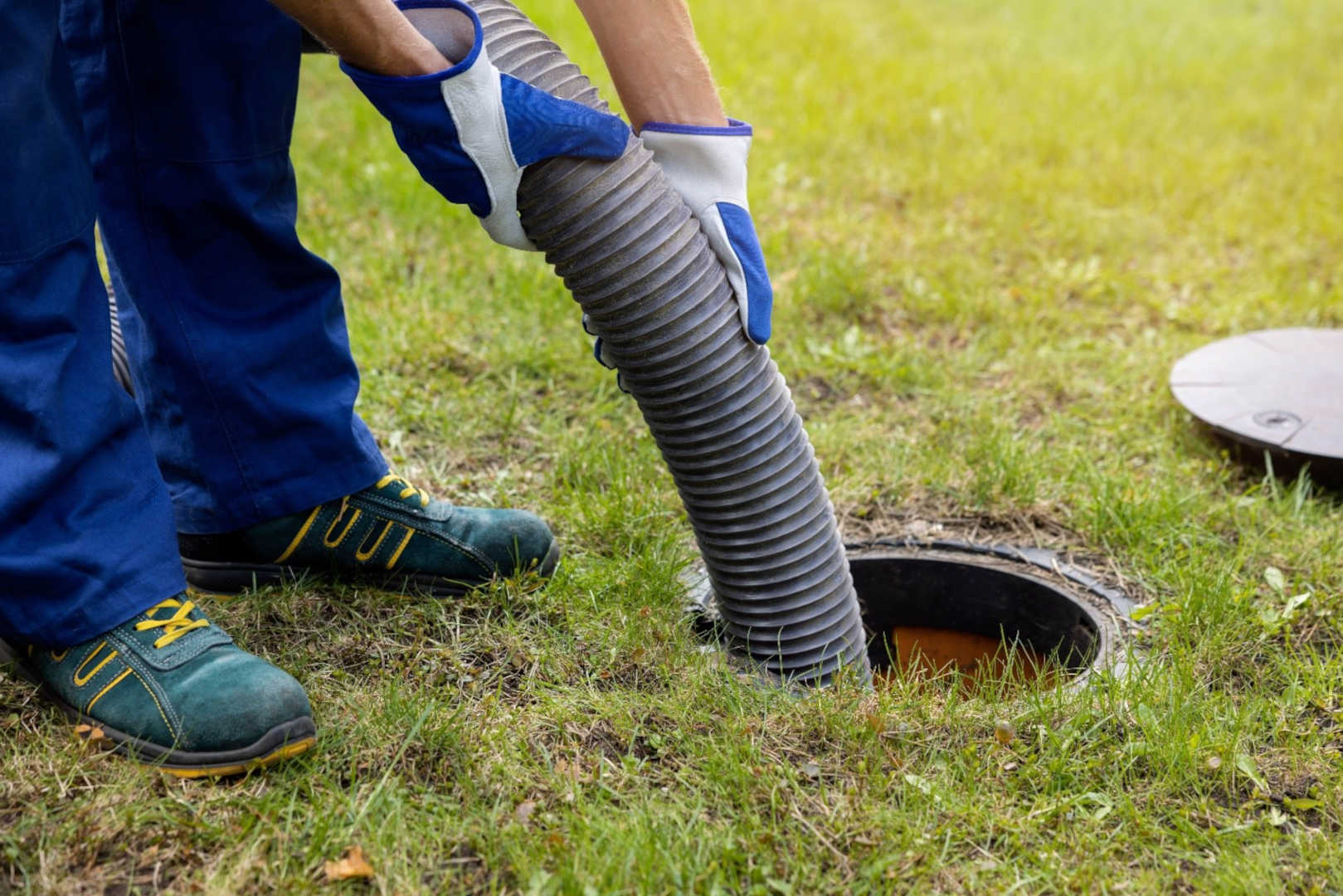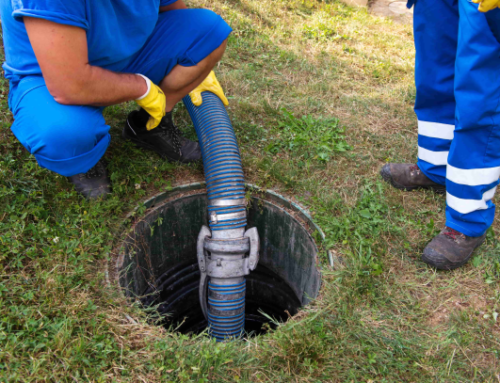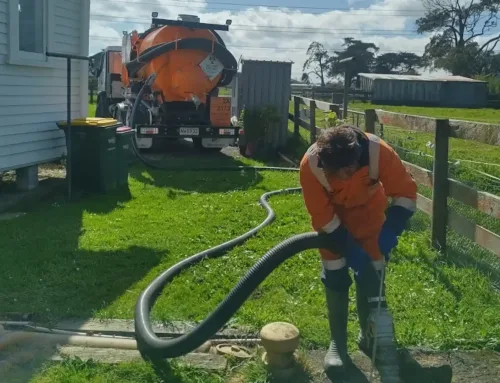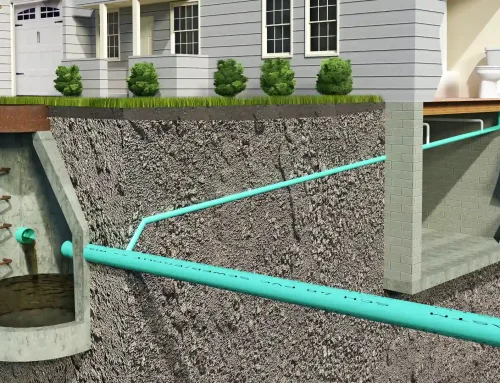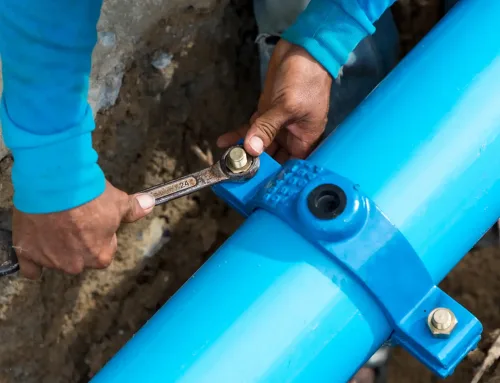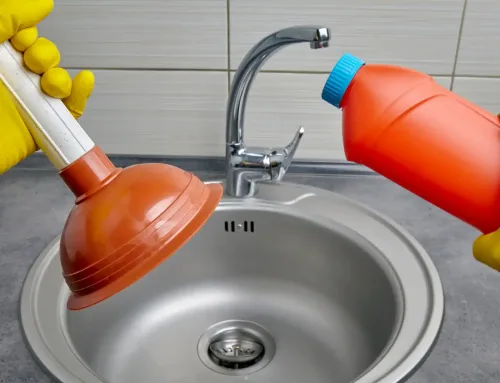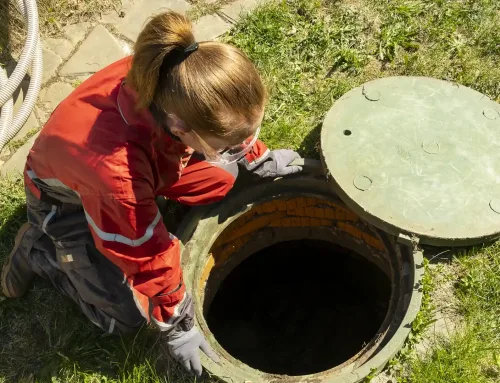Is Your Landlord Responsible for Emptying Your Septic Tank?
In New Zealand, landlords and tenants are responsible for keeping the property in good condition. If you are renting a property, you may wonder what your responsibilities are regarding the septic system. Septic systems require regular maintenance. If anything goes wrong, it needs to be sorted quickly. But who deals with these issues? Is your landlord responsible for emptying the septic tank? Read on to learn about the septic system responsibilities of landlords and tenants.
Landlord’s Responsibilities
If you own a property with an on-site sewage treatment system, there are legal obligations you must uphold. You cannot legally rent your property if the on-site sewage system isn’t working correctly. Sewage systems require regular maintenance, which is the responsibility of the landlord. Maintenance involves inspecting your system and cleaning or repairing any parts that might be blocked, damaged, or worn. At a minimum, you should inspect a primary system every three years and a secondary or tertiary system every six months. The sludge and scum should be pumped out when it fills half the tank’s volume. This work should always be done by a trained professional.
As well as general maintenance, landlords are responsible for fixing any problems with a septic system. You can be prosecuted if you contaminate your own or neighbouring properties and waterways. The following issues may indicate you have a problem:
- A disagreeable smell, either from your drains or from the soakage treatment area.
- Your toilets flush away slowly, or your sinks and baths take a long time to empty (and drain unblocking doesn’t seem to help).
- Your soakage treatment area is permanently wet – particularly where liquid seeps over the surface or if green algae-like growth is forming (or you have excessive grass growth in dry weather).
Always call a professional to deal with septic tank cleaning and maintenance, as your on-site sewage system contains toxic gases that could kill you or seriously harm your health.
Tenant’s Responsibilities
While most maintenance and repairs are legally required of the landlord, there are still things you can do as a tenant to minimise any issues with the septic system. Follow these tips to keep everything working effectively.
- Keep rainwater out of the system.
- Don’t put chlorine bleaches or other strong chemicals, engine oils, coffee grinds, tea bags, tissue of more than two-ply, disposable nappies, tampons, paints, thinners, dental floss, adhesive plasters, and bandages or foodstuffs into the system. These things will make the system less efficient and can stop it from working at all.
- Don’t put anything toxic into it because the toxins will impair the effluent treatment process and may end up in your system, unable to be broken down.
If you are experiencing problems, it might indicate that the system doesn’t have enough capacity to deal with the wastewater you’re putting into it. If that’s the case, you’ll either need to put less waste into the system or ask your landlord to increase its capacity and efficiency.
Does Your Septic Tank Need Some Attention?
If you have issues with your septic tank system, don’t wait until it’s too late. Schedule a regular septic tank clean with Streamline. We have the latest equipment and years of experience to provide world-class, environmentally friendly waste removal services. We have a proven track record of offering our valued clients the best service and the fastest response times. Got a smelly problem? Call in the experts, and we’ll get it cleaned up!
